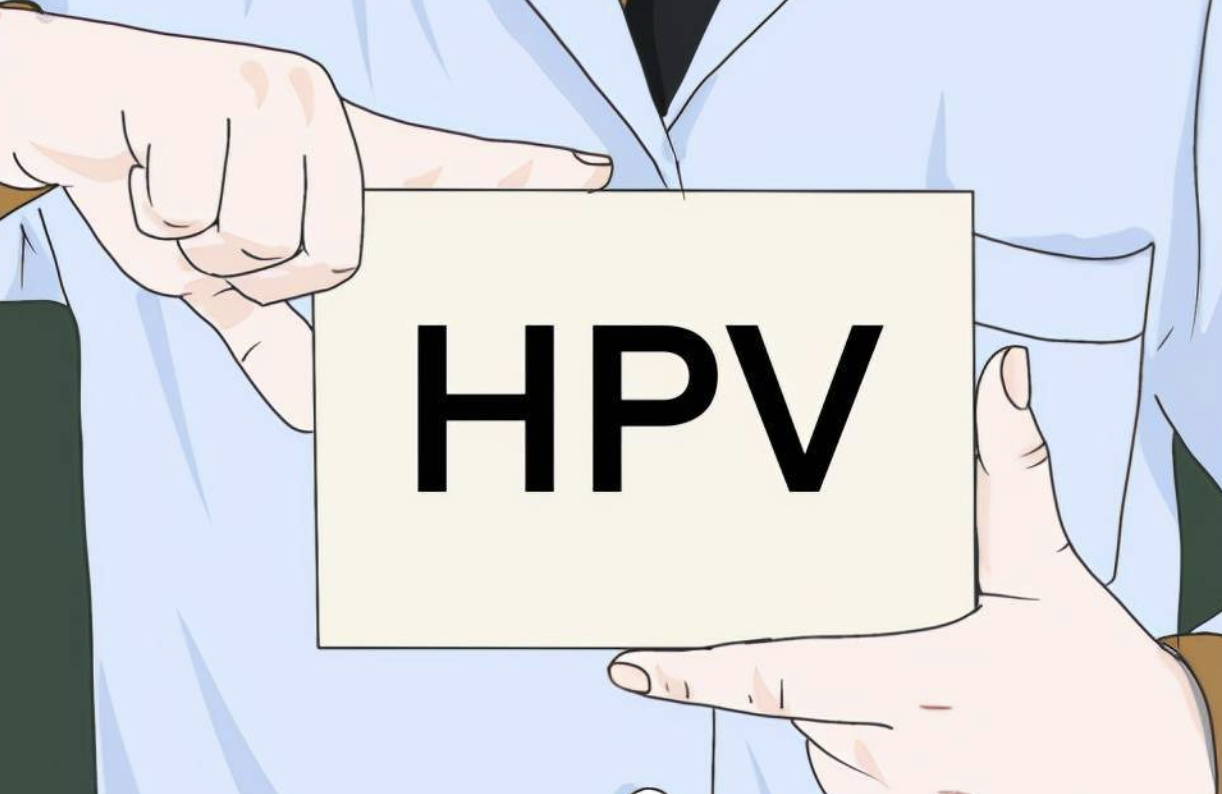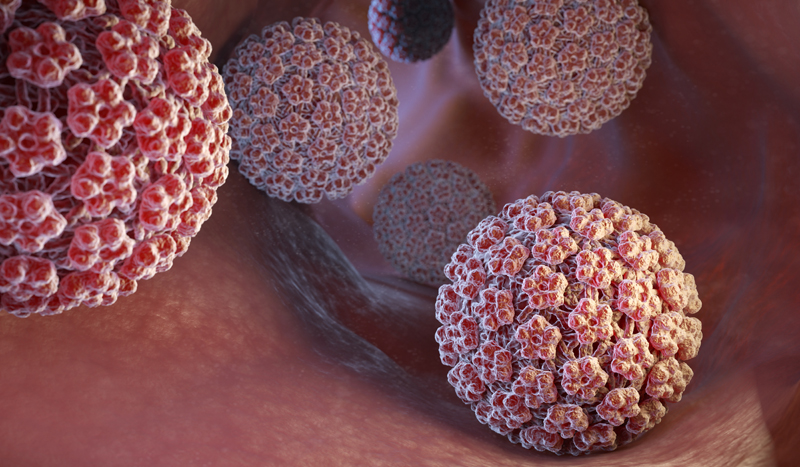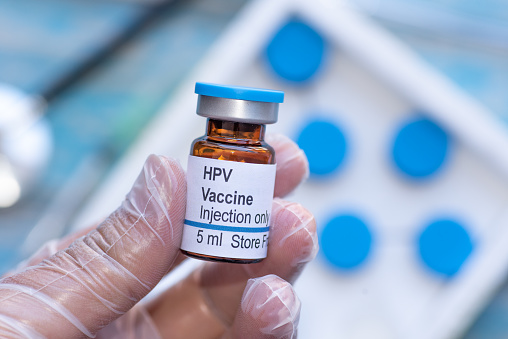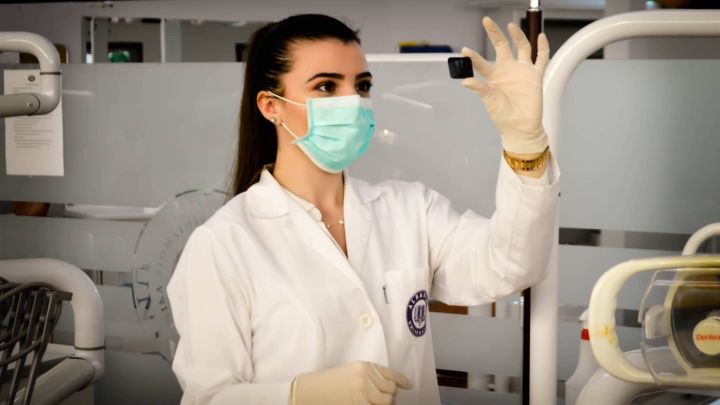Medical
Three-drug Combination For HPV-positive Cancers Results In Significant Tumour Shrinkage In 88% Of Patients!
A three-drug combination regimen significantly prolongs survival in patients with HPV-positive cancers, new data from a clinical trial shows. For patients who had not been treated with immune checkpoint inhibitors, it resulted in significant tumour shrinkage in 88% of patients, and even in patients who failed immune checkpoint inhibitor treatment, 63% had significant tumour shrinkage.

A three-drug combination regimen significantly prolongs survival in patients with HPV-positive cancers, new data from a clinical trial shows. For patients who had not been treated with immune checkpoint inhibitors, it resulted in substantial tumour shrinkage in 88% of patients, and even in patients who failed immune checkpoint inhibitor treatment, 63% had substantial tumour shrinkage.

Updated data from a phase 2 trial showed that patients with HPV-positive advanced anal, cervical, head and neck, vaginal and vulvar cancers, both those who had not received immune checkpoint inhibitor (CPI) therapy and those who had failed immune checkpoint inhibitor therapy, benefited from a three-drug combination regimen that significantly increased overall patient survival. These three drug combinations are PDS0101, M9241 and the second-generation PD-1 inhibitor M7824.

The results of the study showed that the three-drug combination resulted in an average overall survival of 21 months for the 29 patients who failed CPI treatment. Among patients who had not received CPI therapy, the survival data was even better, with 75% of patients still alive at a mean follow-up of 27 months.
In addition, 63% of patients who failed CPI treatment had substantial tumour shrinkage, and 88% of patients who had not received CPI treatment had substantial tumour shrinkage.

The study results are consistent with data presented at the 2022 ASCO meeting and with data published last October.
Patients who failed CPI therapy tended to have a poor prognosis, with a survival of 3 to 4 months, while those who had received platinum-based therapy but not immune checkpoint inhibitors had a survival of 7 to 11 months. Current treatments have very limited efficacy in these patients, with only 10% of patients who have failed CPI treatment being effective, and no more than 25% of patients who have not received CPI treatment.
PDS0101 is a therapeutic vaccine targeting HPV16 E6/E7; M9241 is an IL-12 immunocytokine targeting tumours; and M7824 is a bifunctional fusion protein targeting both TGF-β and PD-L1. Preclinical studies have shown that the combination of the three drugs can assemble a greater degree of tumour shrinkage compared to 1 or 2 of the drugs. In addition, previous clinical data showed that the triple drug combination was particularly effective in patients with HPV16-positive cancers.

In terms of safety, grade 3 adverse reactions were seen in approximately 48% of patients and grade 4 adverse reactions were seen in 4% of patients.
"These updated data provide further evidence of the durability and good tolerability of the efficacy of the PDS0101-based three-drug combination regimen in advanced HPV-positive cancers. We are pleased to see the consistency of the data with each update and look forward to discussing the drug registration pathway with the FDA." said the CEO of PDS0101's pharmaceutical company.

PDS0101 is currently being studied in several clinical trials, such as the ongoing trial of PDS0101 in combination with radiotherapy for the treatment of cervical cancer at MD Anderson Cancer Center and the trial of PDS010101 alone or in combination with pabrolizumab for locally advanced HPV-associated oropharyngeal cancer at Mayo Clinic International (Mayo Clinic).
-
![]()
![]() MedicalJul 25, 2025
MedicalJul 25, 2025New Treatment For Uroepithelial Carcinoma Receives Fda Fast Track Designation With Encouraging Initial Results
-
![]()
![]() MedicalJul 24, 2025
MedicalJul 24, 2025Integrative Oncology: Acupuncture And Acupressure May Relieve Surgical Pain And Anxiety In Cancer Patients
-
![]()
![]() MedicalJul 23, 2025
MedicalJul 23, 2025New Targeted Radiotherapy For "Laser-Like" Precision Treatment Of Refractory Prostate Cancer With Fewer Side Effects!
-
![]()
![]() MedicalJul 22, 2025
MedicalJul 22, 2025Why Is Astrazeneca Willing To Spend a Whopping $12.1 Billion?
-
![]()
![]() MedicalJul 21, 2025
MedicalJul 21, 2025New Developments In Gastric Cancer Research: Keytruda In Combination With Chemotherapy Significantly Improves Survival In Patients With Advanced Disease!




